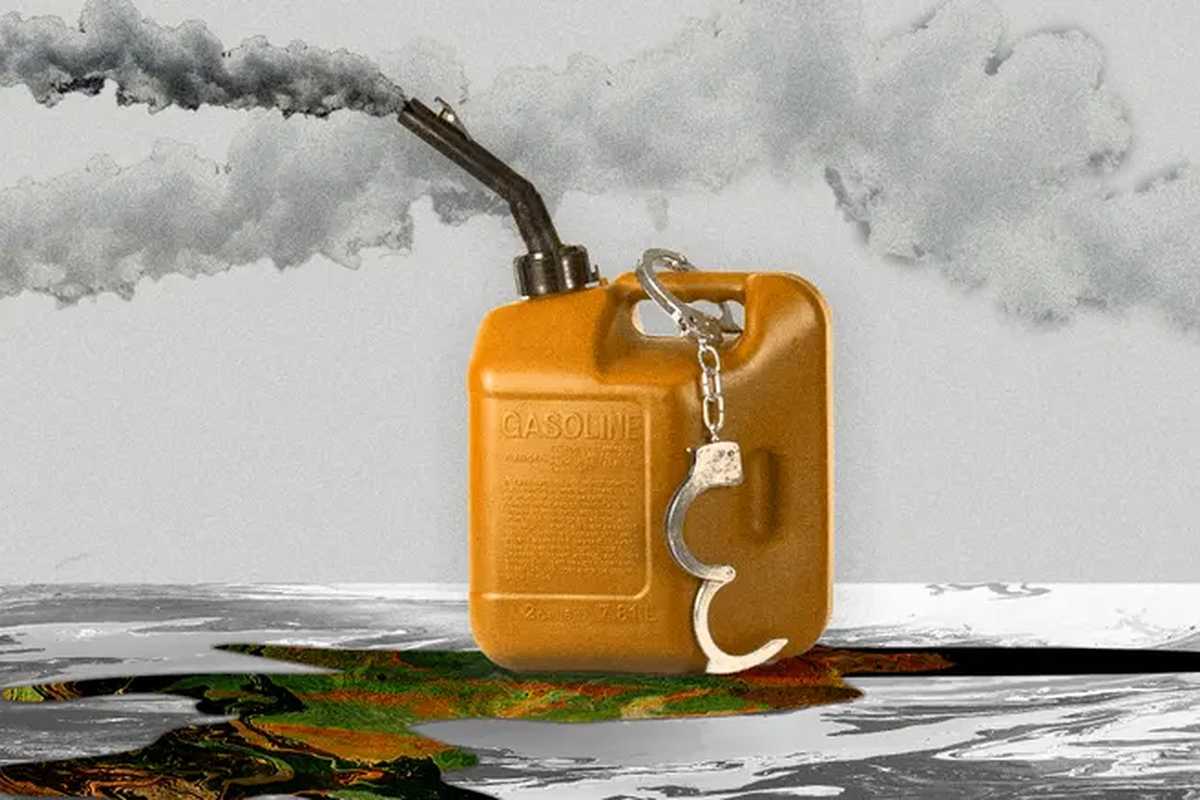In recent years, Canada has emerged as a frontrunner in the development of small modular reactors (SMRs), which are touted as a crucial component of the nation’s strategy to achieve net-zero carbon emissions by 2050. However, debates about the viability and safety of nuclear power persist, leading to discussions about potentially canceling the SMR projects. While proponents argue that SMRs are essential for Canada’s clean energy transition, the financial, environmental, and social implications of canceling these projects warrant a closer examination.
Financial Implications
The development of SMRs in Canada represents a significant investment from both the public and private sectors. The government has already allocated millions of dollars in research, development, and subsidies aimed at bringing these technologies to fruition. Companies have invested in technology development, regulatory approvals, and site preparations. Canceling these projects could mean not only a loss of this initial investment but also potential penalties and sunk costs that cannot be recovered.
Moreover, Canada risks losing its competitive edge in the global nuclear technology market. The international community is increasingly looking towards SMRs as a viable solution for clean energy, especially in areas where larger reactors are not feasible. By pulling out of the SMR race, Canada could forfeit future economic opportunities in exports and technological advancements.
Environmental and Energy Implications
SMRs are considered a key element in Canada’s strategy to reduce greenhouse gas emissions. These reactors promise to provide reliable, low-carbon energy that can complement intermittent renewable sources like wind and solar. They are designed to be deployed in remote locations, potentially replacing diesel generators that are currently used in many northern communities, which are both costly and environmentally damaging.
Canceling the SMR projects could force Canada to rely more heavily on fossil fuels in the short to medium term, potentially derailing efforts to meet international climate commitments. This would not only affect Canada’s climate goals but also its international reputation as a leader in environmental stewardship.
Social and Political Costs
There is a social dimension to the cancellation of SMRs that could have long-lasting impacts. For communities, particularly in remote and northern areas, SMRs offer the potential for economic development and energy security. Canceling these projects could lead to a loss of these anticipated benefits, contributing to continued economic disparities.
Politically, the cancellation could lead to a loss of public trust in government decision-making. Investments in nuclear innovations like SMRs often come with promises of job creation and economic growth. A sudden reversal could be seen as a lack of commitment to these promises, affecting the credibility of policymakers.
Alternative Paths and Opportunities
If Canada were to cancel its investment in SMRs, it would be imperative to redirect funds and efforts toward other clean energy technologies. Investment could be increased in solar, wind, hydroelectric, and energy storage technologies to fill the gap left by the absence of nuclear energy. This pivot would need to be accompanied by robust policy support to accelerate the adoption of these technologies and overcome the inherent challenges such as intermittency, scalability, and storage.
Conclusion
The decision to cancel the development of small modular reactors in Canada cannot be taken lightly. The financial, environmental, and social costs are substantial. While the risks associated with nuclear energy are non-trivial, including high initial costs, long development timelines, and the unresolved issue of nuclear waste, the benefits of having a stable, low-carbon energy source could outweigh these challenges.
As Canada navigates its energy future, it must carefully weigh these factors and consider the long-term implications of its energy policies. Whether or not SMRs are part of that future, the country’s energy strategy must remain firmly committed to sustainability, equity, and economic viability to ensure a prosperous and environmentally responsible future.




